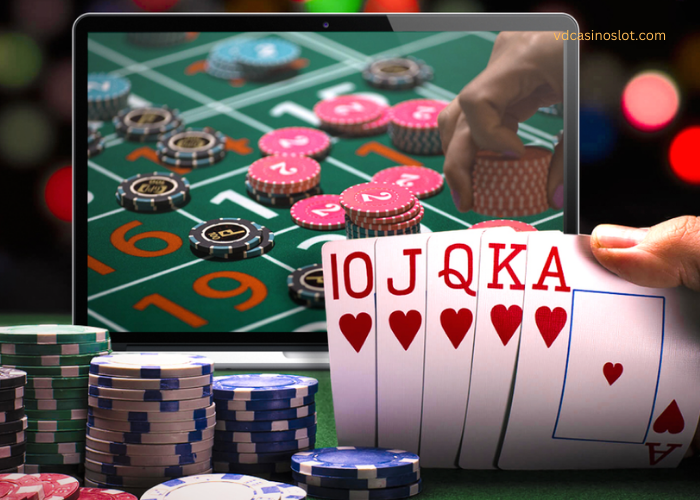Gambling has fascinated human beings for centuries, but what is it about the act of wagering money on uncertain outcomes that captivates our attention? Understanding the psychology of gambling can offer insights into human behavior, the allure of risk, and the complex mechanisms that keep people coming back to the betting table, slot machines, or online platforms. Let’s explore the psychological factors that contribute to the enduring appeal of gambling activities.
The Role of Dopamine and the Pleasure Center
One of the primary psychological drivers behind gambling is the neurotransmitter dopamine. Dopamine is associated with the “pleasure center” of the brain and is released during pleasurable activities like eating, exercise, and sex. The uncertainty associated with gambling outcomes leads to fluctuations in dopamine levels, creating a rollercoaster of emotional highs and lows that many find exhilarating.
The Illusion of Control
One of the most compelling aspects of gambling is the illusion of control it offers. In games like poker or blackjack, skill plays a role, leading players to believe that they have a say in the outcome. This illusion is even present in games of pure chance like slot machines or roulette, where people may have superstitious beliefs or rituals that they think will improve their chances. This sense of control, however fleeting, contributes to gambling’s appeal.
Near-Misses and the Sunk Cost Fallacy
The phenomenon of “near-misses,” where players come very close to winning but fall just short, provides an emotional rush that can be as stimulating as a win. This encourages people to keep playing, driven by the belief that they are close to a significant win. This ties into the “sunk cost fallacy,” where players continue to gamble in an effort to recover previous losses, under the misconception that they are due for a win.
Social Validation and Escapism
Gambling is often a social activity, and the validation one receives from peers when winning can be intensely gratifying. In contrast, the experience of winning in solitary online gambling can offer a different kind of validation, where the self-worth is internally validated through the mastery of a game or the conquering of risk. Additionally, for some people, gambling serves as a form of escapism, providing a temporary reprieve from the stresses of everyday life.
Cognitive Distortions
Gamblers often operate under a range of cognitive distortions that perpetuate their behavior. The “gambler’s fallacy,” for instance, is the belief that past events can influence future outcomes in games of chance. For example, thinking that a roulette ball is “due” to land on red because it landed on black several times in a row is a classic example of this fallacy.
The psychology of gambling is a complex interplay of emotional, cognitive, and neurochemical factors. From the dopamine-fueled emotional highs to the illusion of control and the lure of social validation, several elements make gambling a psychologically engaging activity. Understanding these factors can not only offer insights into human behavior more broadly but also inform responsible gambling initiatives and interventions to help those who find themselves caught in a destructive cycle of gambling addiction. By delving into the psychology of gambling, we can better comprehend the profound allure of this age-old form of entertainment and risk-taking.
